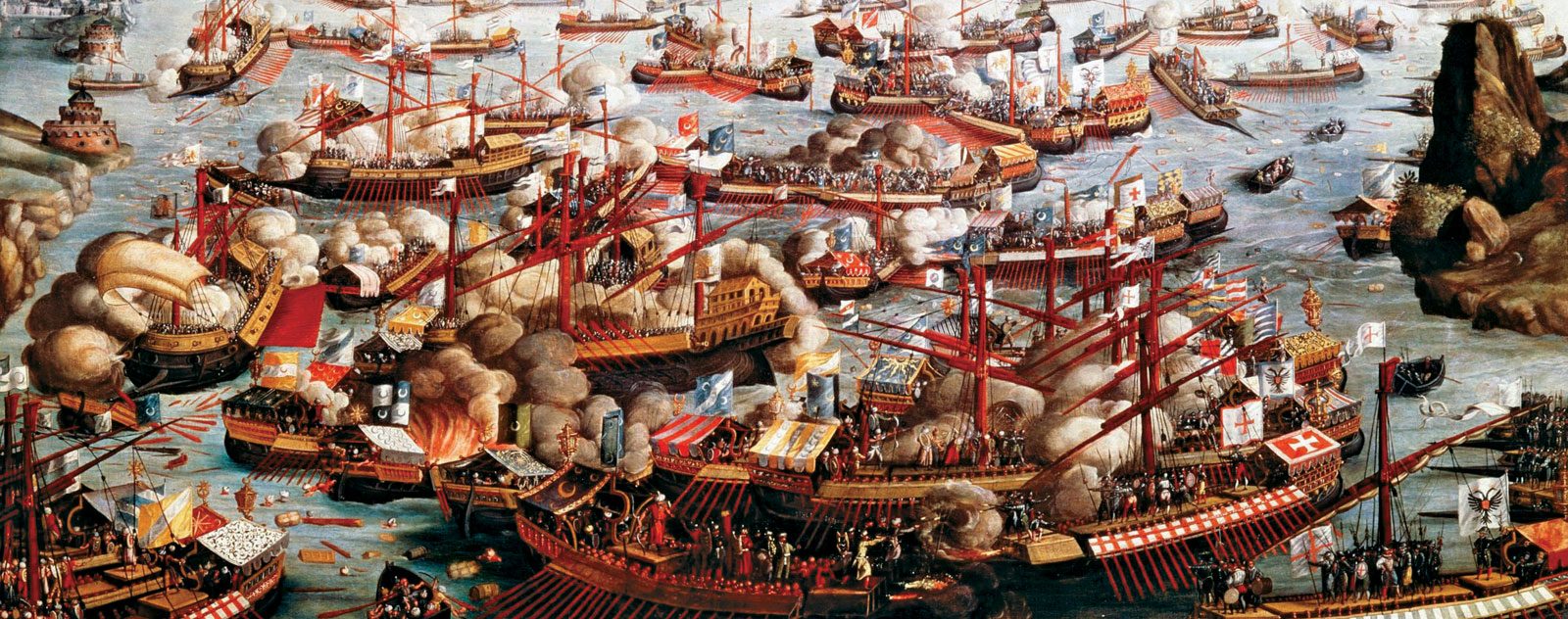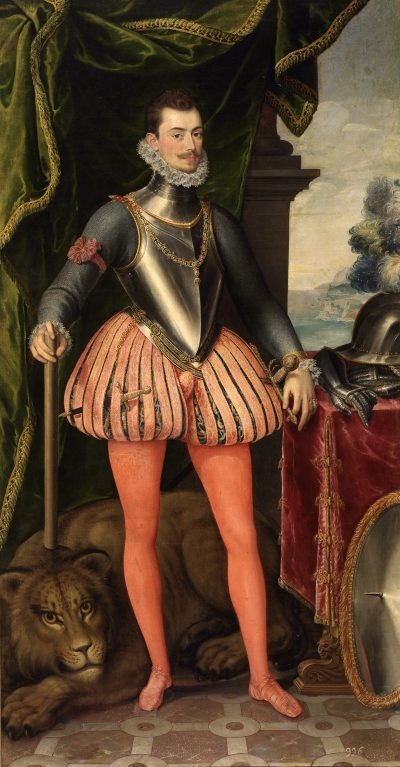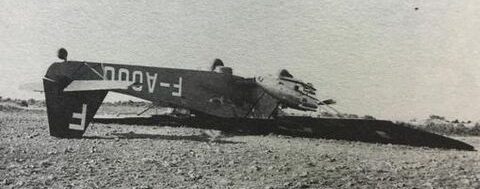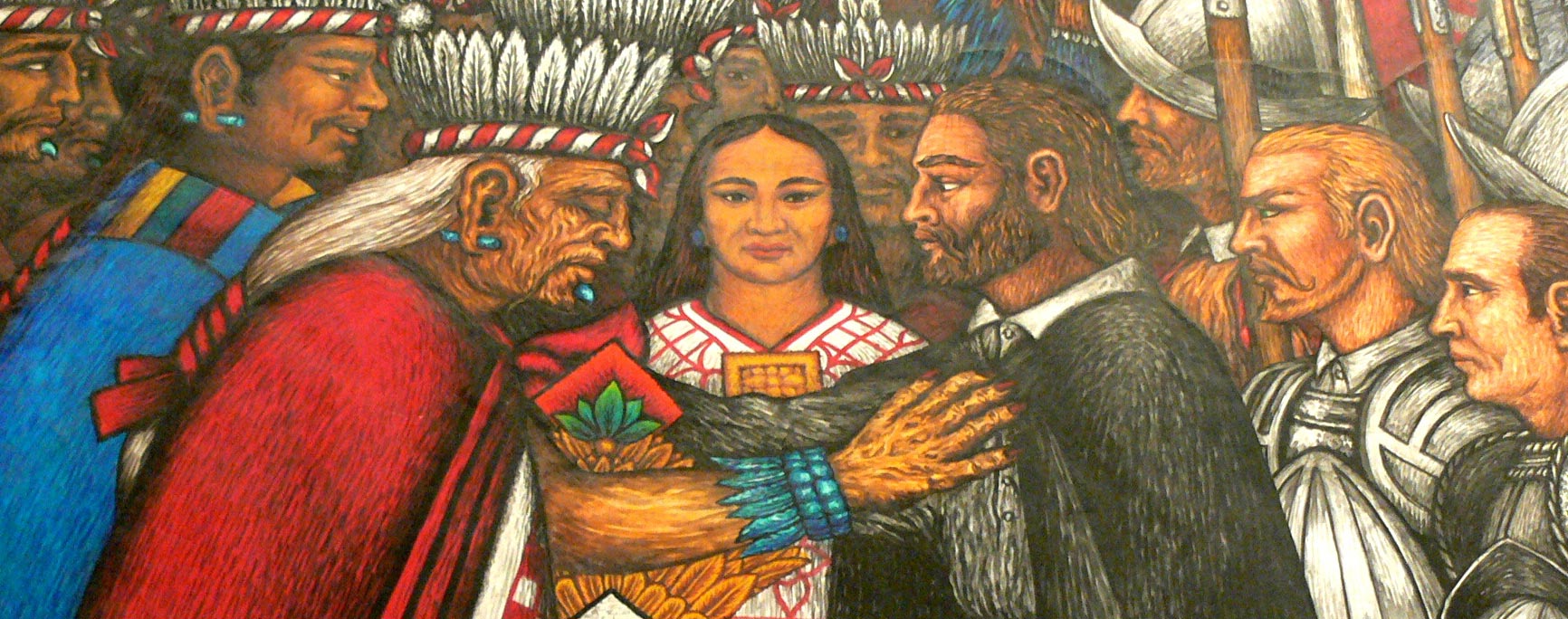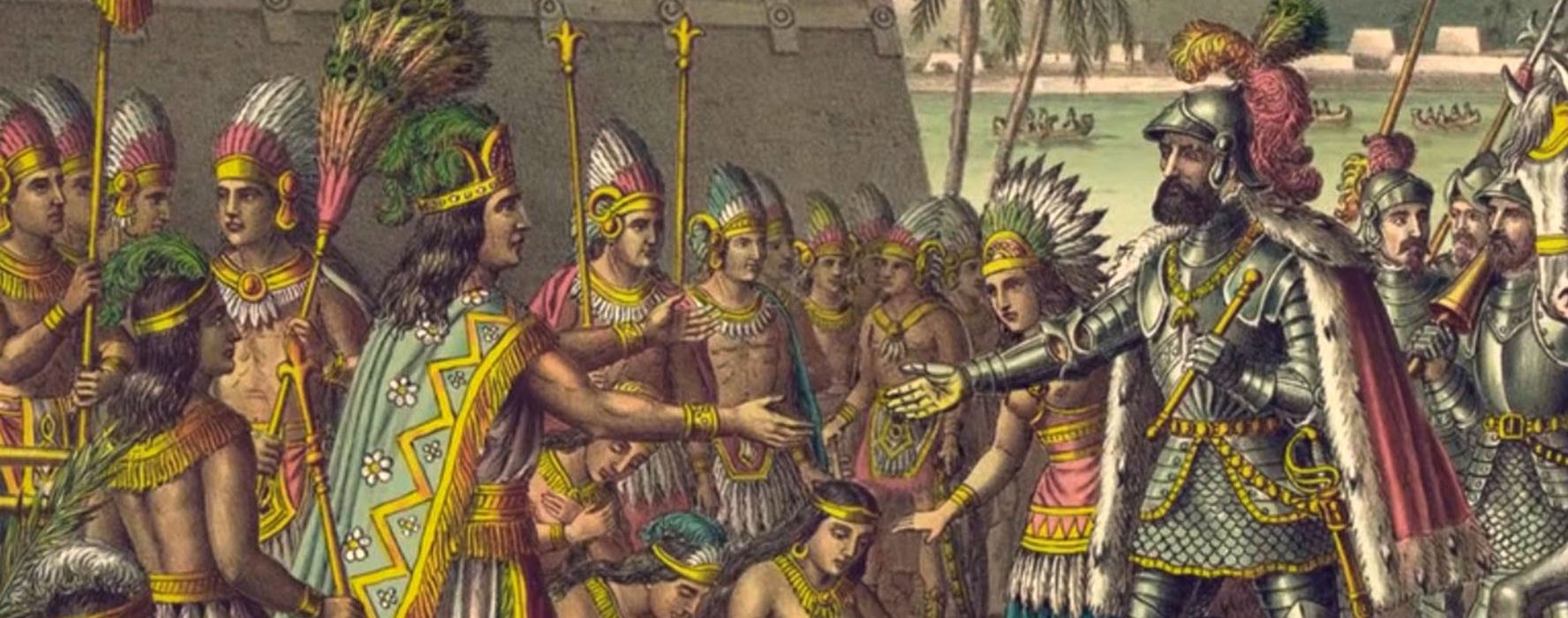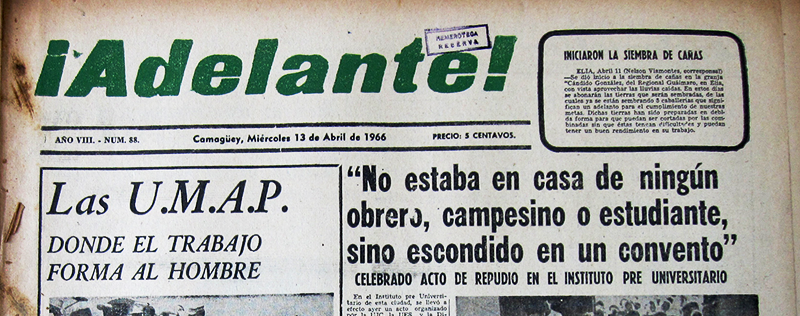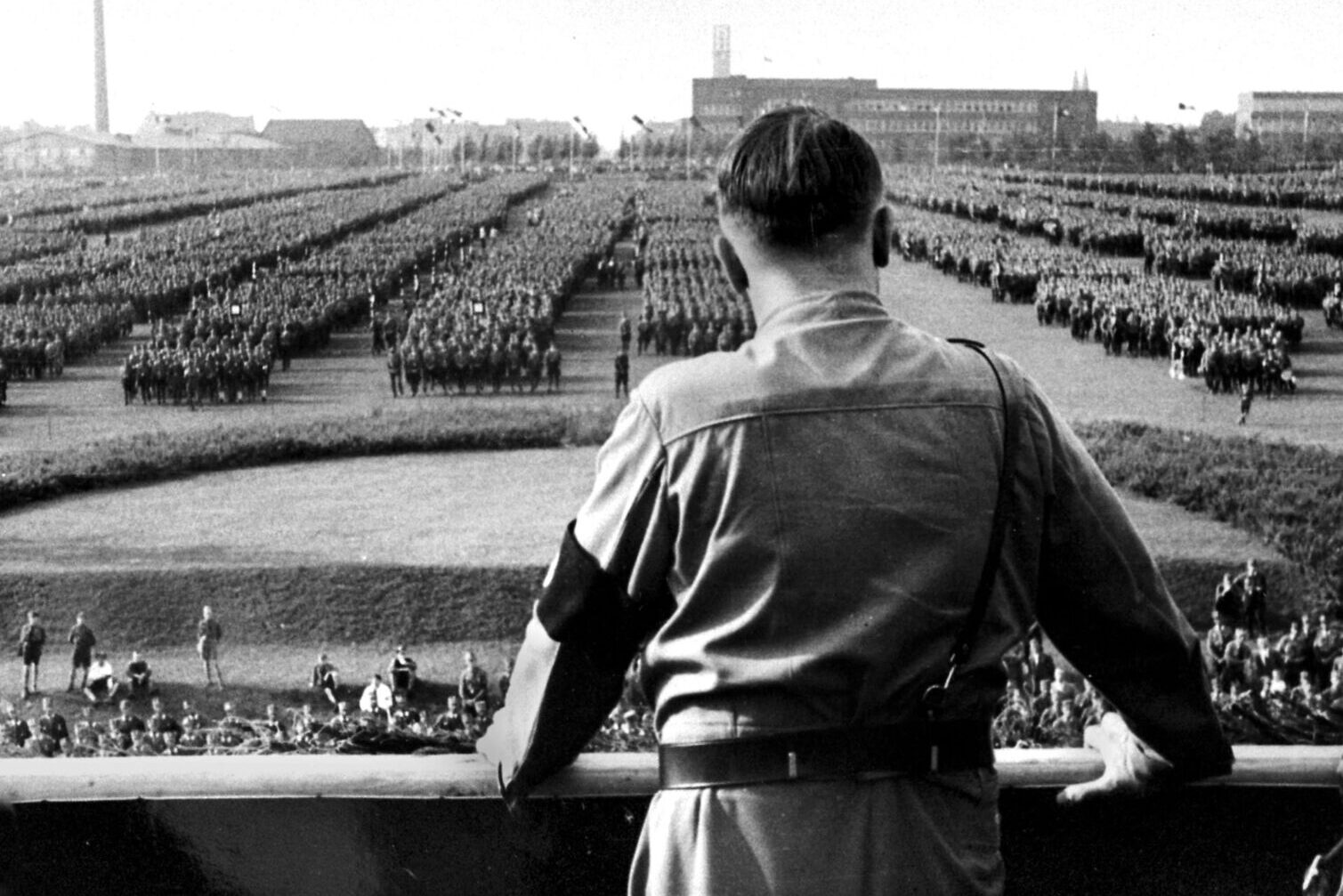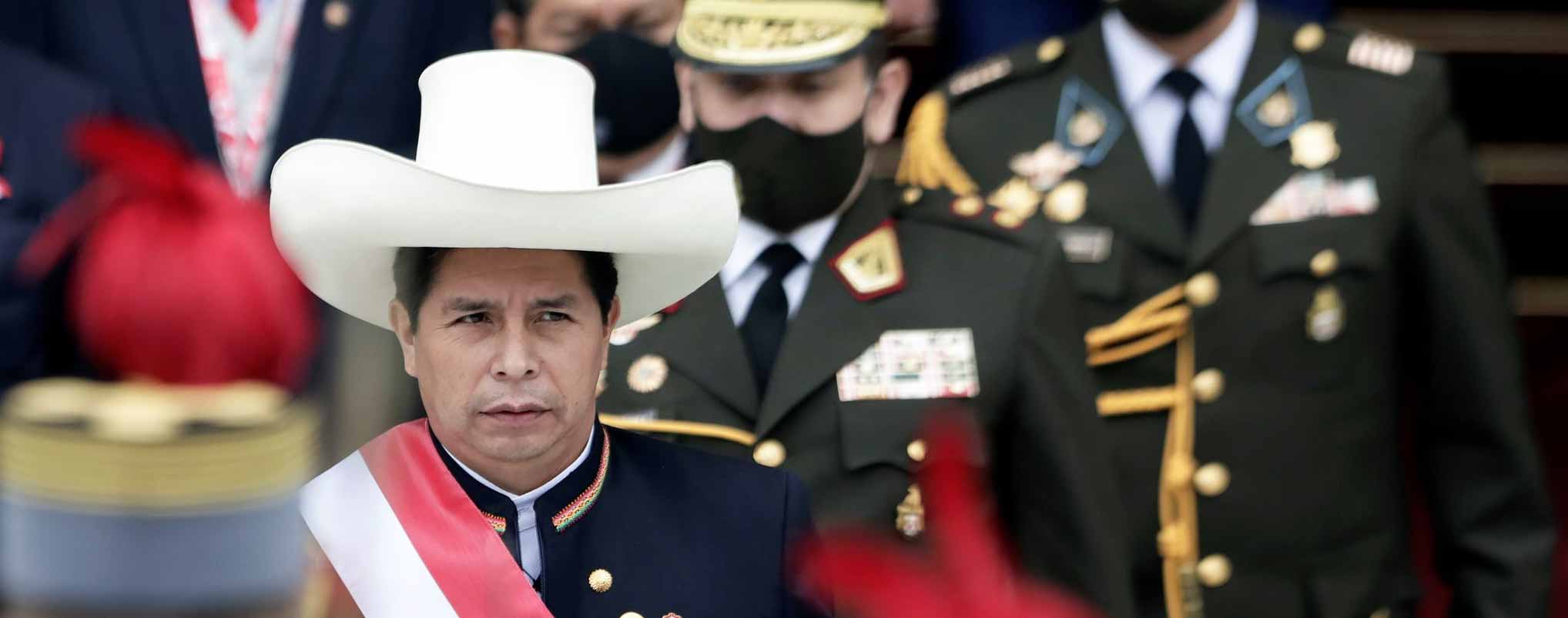Source:Sonrisas en el camino
Women have remained in the background in many episodes of history, at least, or so we have been told; but we are discovering, little by little, that they have always been in the front line, fighting, protecting, vindicating or giving their lives for principles. From the Roman matrons to the Iberian priestesses, who worshipped Mother Earth (matriarchal), women have been the protagonists of many epic episodes in the path of humanity.
Thus, if we limit ourselves to Spain, Spanish women were, are and will be of a special breed: brave, authentic and advanced, as they were the protagonists of many milestones that are still unknown. Thus, few know, or knew, that on Columbus’ third voyage women travelled who, in turn, were crucial to the colonisation of the American continent, as they formed families and strove to build a decent future for themselves. Intrepid women everywhere embarked boldly and laid the foundations of American civilisation.
Writers, nuns, scientists, navigators, scholars, queens, mothers and politicians, great women who have contributed to the Hispanic world and the history of Spain. And of course, also women warriors and fighters, even on the front line of combat. We have many examples such as Agustina de Aragón, María Pita, the ensign nun, Manuela de Luna and many others who fought for freedom for their homeland. But the most surprising is the case of María “la bailadora” (the dancer), a woman who fought in the famous battle of Lepanto, fearlessly confronted the enemy and won the admiration of Don Juan de Austria himself.
María “la bailadora”
This epic event was recounted in a chronicle by the soldier Marco Antonio Arroyo, an eyewitness to the battle, and published in 1576 in Milan under the title “Relación del Progresso de la Armada de la Santa Liga”, where he briefly mentions the episode of a Spanish woman dressed like a soldier who sneaked into the army, known as María “La bailadora”.
Soldier Marco Antonio’s beautiful and heartfelt essay on María “La bailadora” reads as follows:
But there was a Spanish woman, María, known as the dancer, who, stripping herself of the habit and natural feminine fear, fought with a harquebus with such effort and skill that she cost many Turks their lives, and when she came to confront one of them, she killed him with a knife. For this reason, Don Juan did her a special favour, and granted him a place among the soldiers, as he had her in the tercio of D. Lope de Figueroa.
The reason why this anecdote does not appear in the chronicles may be due to the fact that Don Juan de Austria expressly forbade the embarkation of women on the galleys, so it is not surprising that he forbade the mention of this fact. Thanks to the fact that the soldier Marco Antonio, marvelling at Maria’s attitude and bravery, recorded her actions and fights in his chronicles.
We know little more (and I don’t think we will ever know more) about María “la bailadora” and I leave it to the reader’s imagination, even to open up a line of research. We do not know why she fought and the reasons for embarking on the Holy League: for love, for sentiment, for honour… What is certain and true is that this romanticism and epic of Spanish history invites us to fall in love with this heroine who fought like a savage, wielding her sword against the enemy, in that crucial battle on the coast of Greece, on 7 October 1571, a battle that stopped the thrust of the Turkish Empire and the advance of Islam.
There were women on the Turkish side, even children, but they were all abducted and taken hostage in the galleys. Maria fought like any other soldier, without fear of death, putting her enemies in check and earning the respect of her comrades and squadron leader, the famous Don Juan de Austria.
History always surprises us and here women take on a major role, a role they have always played. Women who marked times, who left their mark and laid the foundations of our civilisation. There are sure to be more stories like that of María “La bailadora”, more heroines are sure to appear. We will continue to make them known.
Share this article
On This Day
- 1552 Battle of Bicocca.
- 1565 Miguel López de Legazpi founds Cebu as Villa de San Miguel.
- 1806 María Cristina de Borbón Dos Sicilias was born.
History of Spain
26 August 2020
27 January 2021
Communism: Now and Then
23 December 2022
28 July 2021
